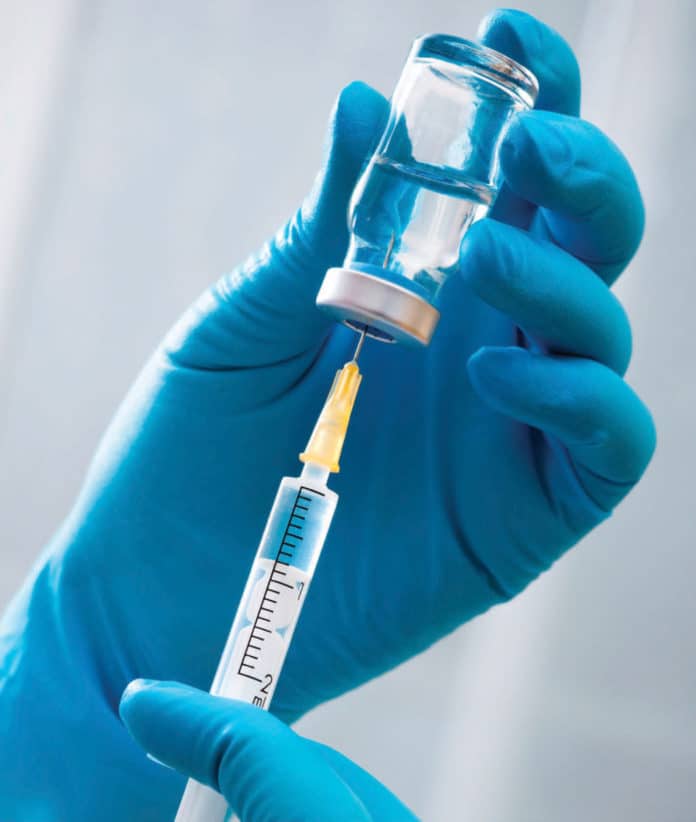More people in the Dallas- Fort Worth area are accessing health care through Catalyst Health Network (Catalyst) and UnitedHealthcare’s accountable care organization (ACO), according to the organization.
The accountable care relationship was established in 2015 for people enrolled in UnitedHealthcare employer-sponsored and individual health plans, and has grown to include more than 450 primary care providers across North Texas.
Catalyst is now exceeding national standards for screenings of important preventive services and treatment of specific illnesses, according to a news release. Catalyst physicians have nearly doubled the number of annual preventive screenings for cervical cancer, breast cancer and colorectal cancer.
These cancers rank among the Top 10 leading causes of cancer death in the United States, but can be prevented if detected early. UnitedHealthcare shares data with Catalyst to inform doctors of patients’ underlying medical conditions, past treatments, gaps in care, medications prescribed and future care needs. The high performance of this ACO has touched the lives of thousands of UnitedHealthcare plan participants through preventive screenings, including:
• Cervical cancer screenings have increased, from 4,300 to 8,500 people annually;
• Breast cancer screenings have increased, from 1,600 to 3,100 people annually; and
• Colorectal cancer screenings have increased, from 3,000 to 5,800 people annually.
Comprehensive diabetes care has also improved, more than doubling the number of patients living with diabetes receiving the necessary care to manage their condition in the last two years. Since 2015, Catalyst has reported that more than 1,500 additional UnitedHealthcare plan participants have received regular Hemoglobin A1C (HbA1c) testing, eye exams, monitoring for nephropathy and blood-pressure control.
“Our relationship with UnitedHealthcare is making a positive impact on our patients’ health and the care they receive from our physicians,” said Christopher Crow, M.D., president of Catalyst Health Network. “We are extremely proud of the engagement from our providers and practices. It is great to live up to our purpose and put dollars back into the communities we serve. We appreciate the opportunity to work with UnitedHealthcare to provide highly coordinated and quality health care.”
In 2016, Catalyst care providers reduced health care spend by more than $11 million for over 60,000 UnitedHealthcare plan participants. In addition to quality improvements, savings were also driven by a 44-percent reduction in out-of-network lab procedures and a 30-percent reduction in out-of-network outpatient surgeries performed for patients participating in the ACO.
Accountable care programs shift care provider reimbursement away from the traditional fee-for-service delivery model to a value-based approach in which physicians are eligible to receive payment incentives based on patient satisfaction and achieving certain clinical measures. This collaboration also improves the ability to identify patients at high risk and help them reduce emergency room visits and readmissions to the hospital, manage their chronic health conditions and take their needed medications.
“Our collaboration with Catalyst affirms that better integrating data among care providers and health plans leads to improved outcomes for patients,” said Scott Flannery, CEO of UnitedHealthcare of North Texas. “Catalyst is a leader in addressing both the quality and cost of health care, and together we are improving patient care and enhancing people’s ability to live healthier lives.”
Catalyst Health Network recently added USMD Health System to its accountable care organization (ACO) network in the Dallas-Fort Worth area. The addition of USMD to Catalyst Health Network will significantly increase the size of the network, bringing together 465 primary care providers (PCPs) in more than 140 locations that serve more than 750,000 patients across North Texas.






